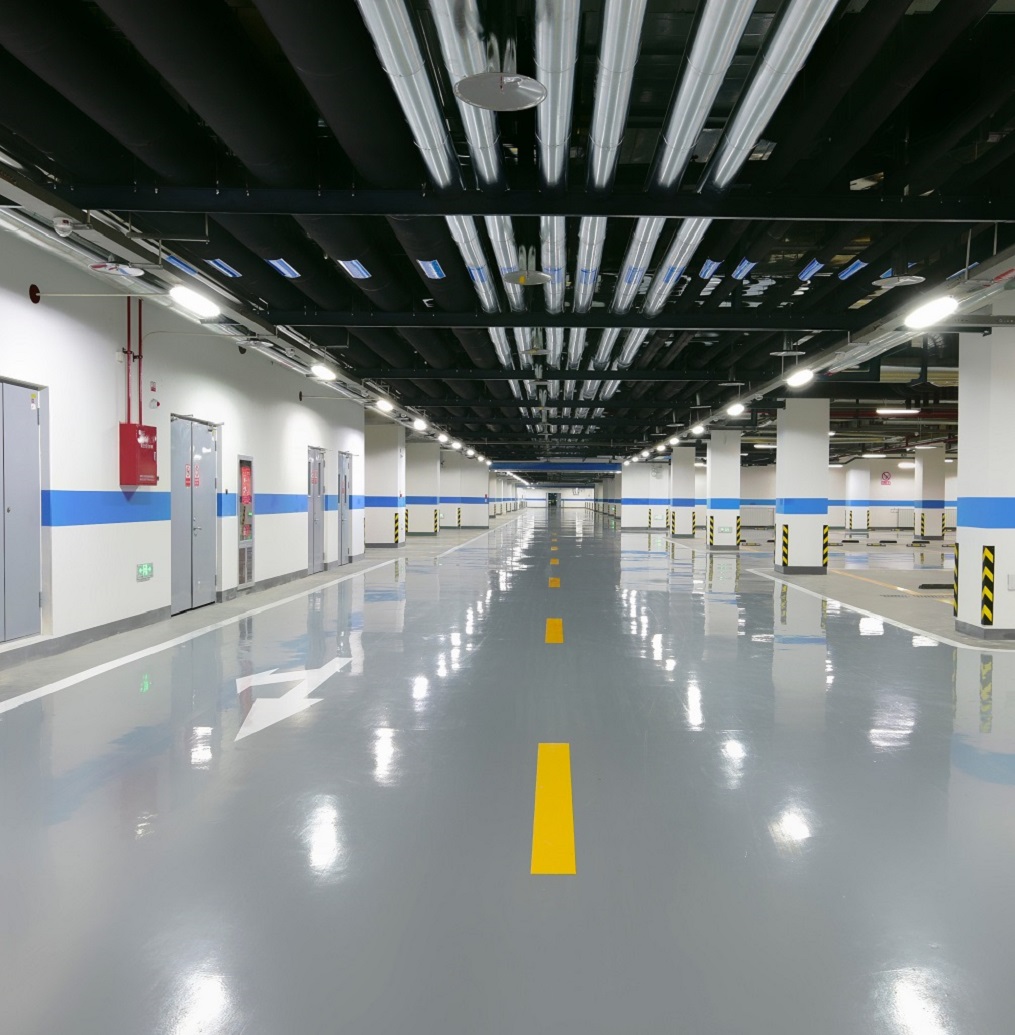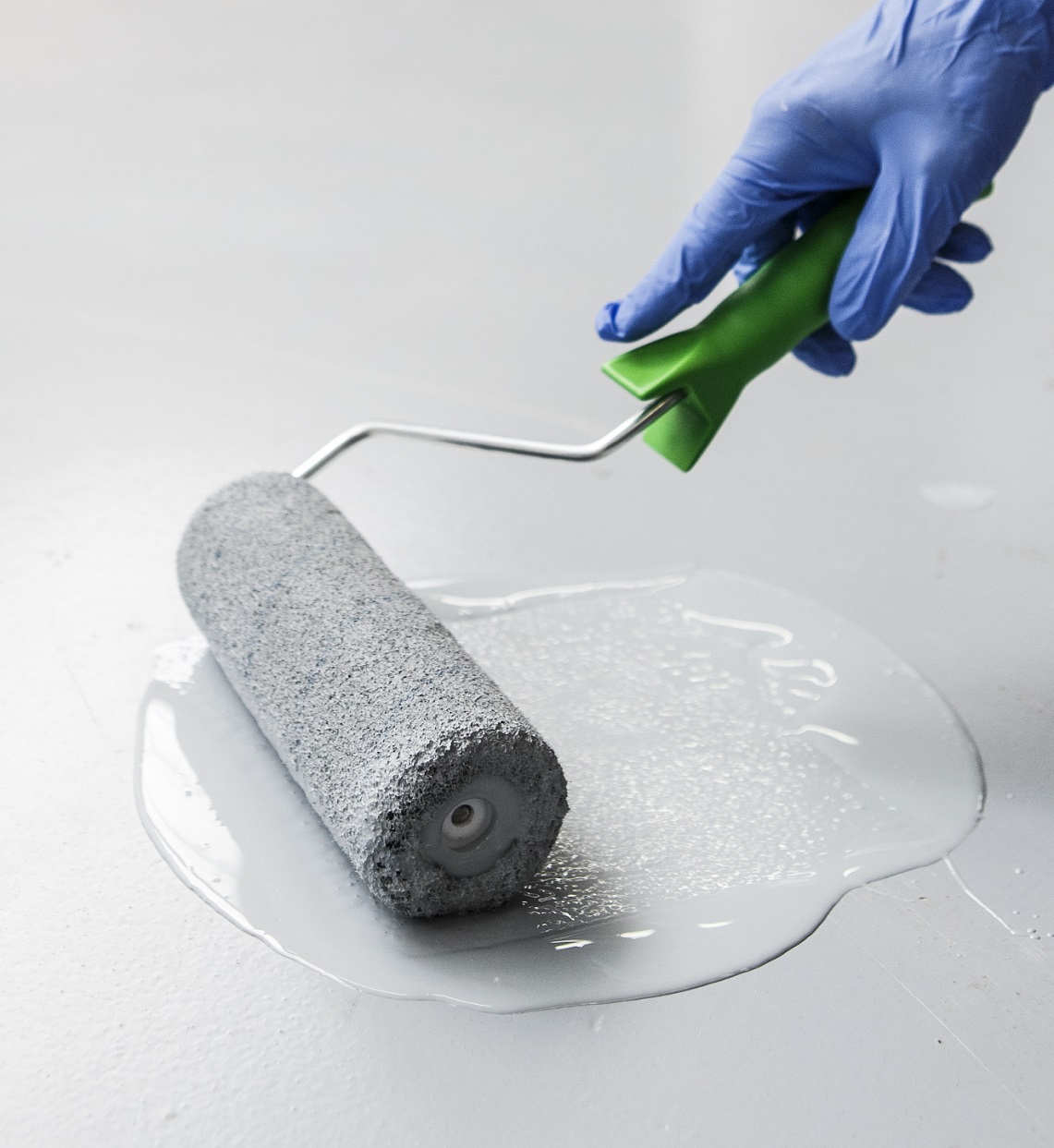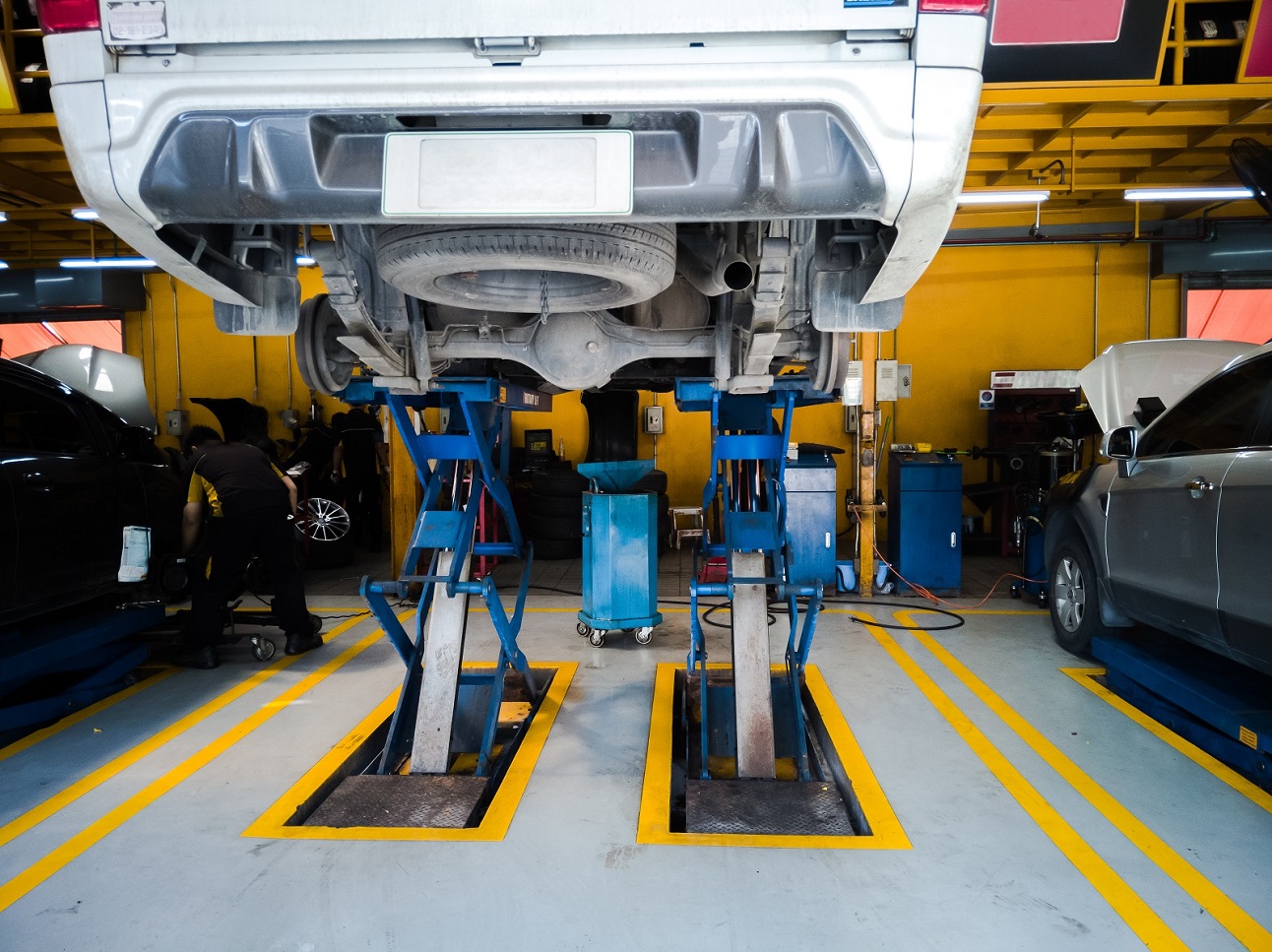Epoxy cast floor
A cast floor in epoxy, transform your home: benefits, inspiration and technical aspects

Cast floors are available in different types of materials, suitable for applications in an industrial space or a residential home.
Find out in this article when it's best to choose an epoxy cast floor.
What is epoxy and how to use it to make a casting floor?
Epoxy resin is one of the oldest cold-curing plastics known since the 1970s. Cold hardening means that you can apply these systems at room temperature and don't need to apply additional heating. The best-known cold-curing plastics are polyester, polyurethane and epoxy and are used in many industries. Polyester, polyurethane and epoxy are used in many industries. Epoxy consists of two components, a resin and a hardener. You have to pour these together and mix them in the right mixing ratio. The chemical process then starts as the liquid gradually hardens into a whole. Plastic specialists usually add the necessary fillers, dyes and additives to this resin in order to improve the characteristics of the material even more. For example, epoxy cast floors are mainly used in businesses, industry or garages. Such floors are in fact perfectly suited to the standards of these types of areas.
An epoxy floor is a self-leveling, cast floor based on epoxy. You have two types of epoxy cast floors; a standard cast floor and a gravel floor. The composition of these two floors is different as the gravel floor is made of a mixture of sand and epoxy resin. While the cast epoxy is only made up of resin, dye and hardener. This last one offers the most options towards processing. Almost all ral colors and pigments can be added to an epoxy cast floor. This ensures a nice, smooth and tight finish in comparison to a gravel floor. With gravel, you only get a rough or slightly chunky appearance, which is caused by the size of the grains used.
For which applications are epoxy cast floors suitable?
Thanks to their high hardening and strength, epoxy cast floors are instantly waterproof, making them perfect for industrial applications and public spaces. An epoxy cast floor is suitable to bear heavy mechanical weights and can withstand the most dilute acids and alkalis. Thanks to the easy incorporation of logos, images or patterns, it is ideally suited in commercial places such as parking garages, showrooms, stores and galleries. But there are also plenty of examples for the use of epoxy cast floors in commercial kitchens, laboratories and in the petrochemical industry.
For residential homes, we rather advice a PU cast floor. An epoxy cast floor is excessively sensitive to scratching, and the higher elasticity of the PU cast floor simply makes it more comfortable. If you are considering underfloor heating, then an epoxy cast floor is not even recommended. Because an epoxy cast floor is too hard and will eventually crack when used with underfloor heating.


You can also choose an epoxy coating instead of an epoxy cast floor
You can apply this liquid coating to wood, concrete and tiles to provide protection. The epoxy coating makes the surface waterproof and is seamless, this makes it cheaper than epoxy cast flooring. It has a much thicker wear layer than epoxy cast flooring, which also makes your floor look nice and smooth. Unlike an epoxy coating, you will still be able to clearly see the lines of your joints. After curing, you obtain a glossy result in the color of your choice and even with the low layer thickness, an epoxy coating can still stand a great amount of stress.
An additional benefit is that an epoxy coating can be processed quickly. A floor coating is a slightly thinner protection that is usually applied on top of an existing floor with a roller. It makes your surface liquid-proof and wear-resistant. You can enjoy almost the same benefits as with an epoxy cast floor, although an epoxy coating is slightly less thick and more durable as a result.
More Info
Feel free to contact us to receive more info about our products.
